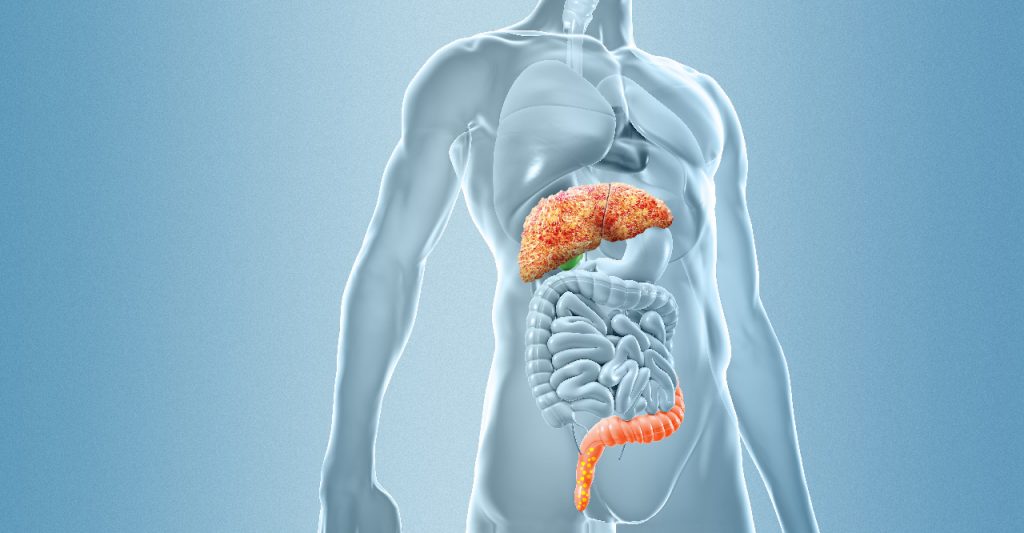
Albumin in high doses improves cardiac function and reduces inflammation
Decompensated cirrhosis is a chronic disease linked to numerous complications in its final stage. Professor Jonel Trebicka from Goethe University was involved in carrying out a pilot study demonstrating that the long-term administration of albumin in high doses stabilizes the circulatory function of these patients and protects them from sepsis.
“I was spending a research period at the clinic in Barcelona at the time the clinical study Pilot-PRECIOSA was underway and discussed the results in patients with severe sepsis with the researchers on site,” says Professor Jonel Trebicka, hepatologist at the Medical Clinic I at Goethe University.
Albumin is a protein that occurs in human blood where it fulfils numerous tasks. Cirrhosis of the liver reduces its levels, so that patients with decompensated cirrhosis, the stage at which serious complications occur, have been treated with albumin before, but only for short periods.
In the Pilot-PRECIOSA study involving 22 European partners, two groups of patients with decompensated cirrhosis were treated with albumin for three months. One group received a low dose, the other a high dose. Patients who received the higher dose exhibited improved cardiac function and a reduction in the concentration of inflammation markers in their blood.
This treatment is being tested on a larger group of patients in the current follow-up study PRECIOSA, in which Professor Trebicka and Assistant Professor Tanya Welzel from the Medical Clinic I are involved.
“This result is enormously important for our work in the recently founded Micro-Predict Consortium, in which we investigate the importance of the intestinal microbiome in liver diseases: now we will look for microbiome markers that signal a responsiveness to albumin, so that we can apply the therapy more precisely in the future.”
In the MICROB-PREDICT project, specialised doctors work together with leading experts in microbiome and medical technology, and the patient organisations ELPA and the Home of Hepatology (EASL). The supporting organization is the European Foundation for the Study of Chronic Liver Failure (EFCLIF), which also sponsored the Pilot-PRECIOSA study. EFCLIF is a foundation connecting a network of more than 100 university hospitals across Europe within EASL, including the University Hospital at Goethe University
Publication: Fernandez J et al.: Effects of Albumin Treatment on Systemic and Portal Hemodynamics and Systemic Inflammation in Patient with Decompensated Cirrhosis, in: Gastroenterology (2019), doi: https://doi.org/10.1053/j.gastro.2019.03.021
Source: Press release from 2nd April 2019







